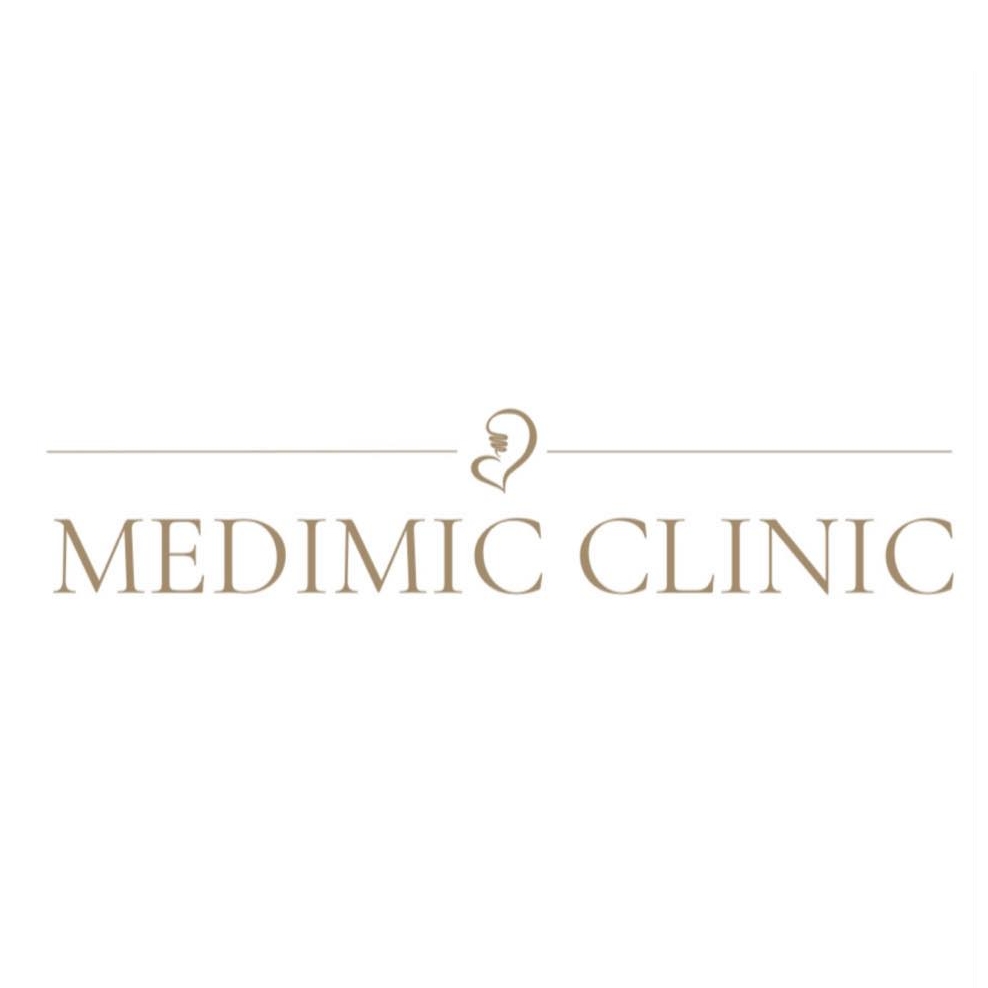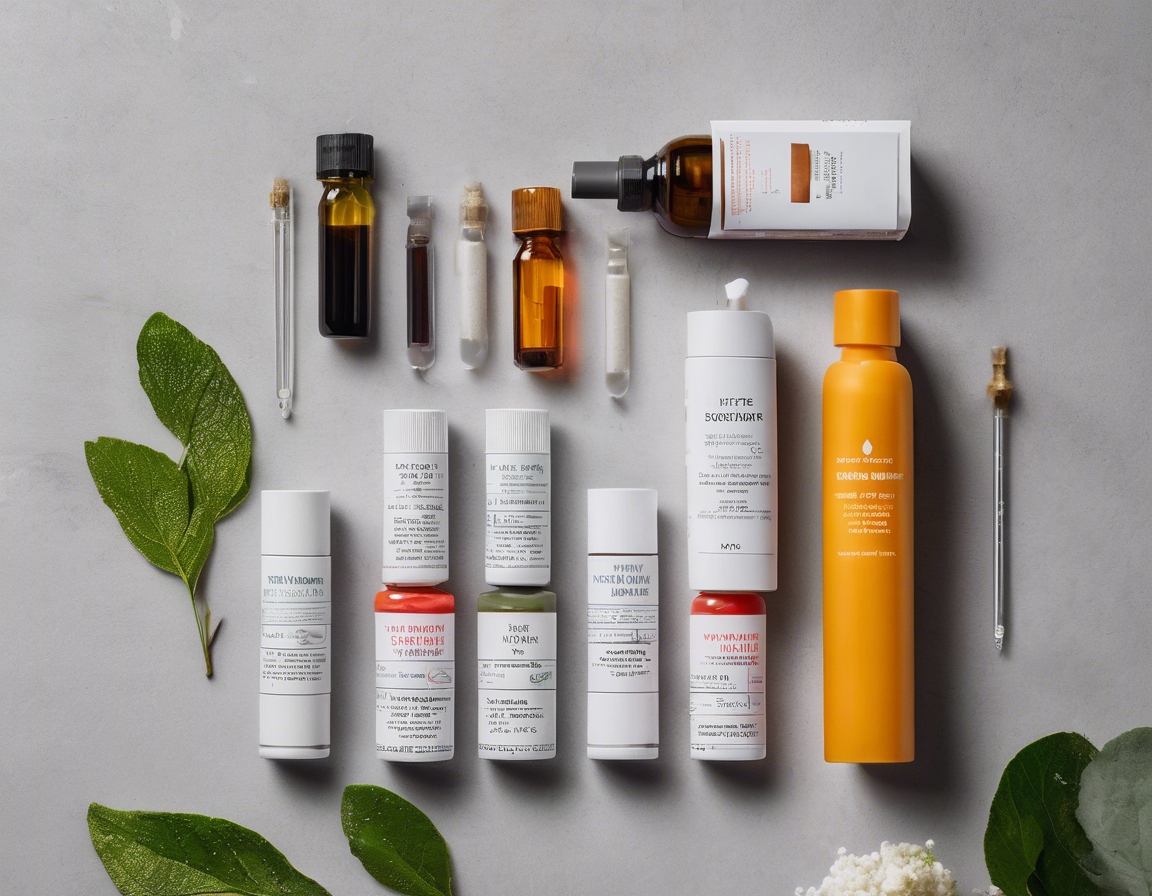Top benefits of glutathione for skin health
Glutathione is a powerful antioxidant naturally found in the body, playing a crucial role in maintaining overall health and wellness. Known as the 'master antioxidant,' it is composed of three amino acids: cysteine, glutamine, and glycine. Glutathione is essential for various bodily functions, including detoxification, immune system support, and cellular repair. In recent years, it has gained popularity for its remarkable benefits for skin health, making it a sought-after ingredient in the beauty and wellness industry.
The Science Behind Glutathione
Glutathione works by neutralizing free radicals, which are unstable molecules that can cause oxidative stress and damage to cells. This oxidative stress is a significant contributor to aging and various skin issues. By combating these free radicals, glutathione helps protect the skin from damage, promoting a healthier and more youthful appearance. Additionally, it plays a role in the regeneration of other antioxidants, such as vitamins C and E, further enhancing its protective effects on the skin.
Top Benefits of Glutathione for Skin Health
One of the most celebrated benefits of glutathione is its ability to brighten and whiten the skin. It works by inhibiting the production of melanin, the pigment responsible for skin color. By reducing melanin levels, glutathione can help lighten hyperpigmentation, dark spots, and uneven skin tone, resulting in a brighter and more radiant complexion.
Glutathione's antioxidant properties make it a powerful anti-aging agent. By reducing oxidative stress and promoting cellular repair, it helps minimize the appearance of fine lines and wrinkles. Regular use of glutathione can lead to smoother, firmer skin, giving you a more youthful and rejuvenated look.
As a key player in the body's detoxification processes, glutathione helps eliminate toxins and impurities that can accumulate in the skin. This detoxifying effect can lead to clearer skin, reducing the occurrence of acne and other blemishes. By purifying the skin, glutathione promotes a healthier and more vibrant complexion.
Inflammation is a common cause of various skin issues, including redness, irritation, and acne. Glutathione's anti-inflammatory properties help soothe and calm the skin, reducing inflammation and promoting healing. This makes it an excellent choice for individuals with sensitive or reactive skin.
Glutathione supports the production of collagen, a protein essential for maintaining skin elasticity and firmness. By boosting collagen levels, it helps improve skin texture and resilience, reducing sagging and promoting a more toned appearance.
How to Incorporate Glutathione into Your Skincare Routine
Glutathione supplements are widely available and can be an effective way to boost your body's levels of this antioxidant. When choosing a supplement, look for high-quality products from reputable brands to ensure maximum efficacy and safety.
Many skincare products, such as serums and creams, contain glutathione as a key ingredient. These topical applications can be directly applied to the skin, allowing for targeted treatment of specific areas. Incorporating glutathione-infused products into your daily skincare routine can help you achieve optimal results.
In addition to supplements and topical products, you can increase your glutathione levels through diet. Foods rich in sulfur, such as garlic, onions, and cruciferous vegetables, can help boost glutathione production in the body. Incorporating these foods into your meals can support your skin health from the inside out.
Potential Side Effects and Considerations
While glutathione is generally considered safe for most people, it's essential to be aware of potential side effects. Some individuals may experience allergic reactions or gastrointestinal discomfort when taking supplements. It's always best to consult with a healthcare professional before starting any new supplement regimen, especially if you have underlying health conditions or are pregnant or breastfeeding.






Comments (0)